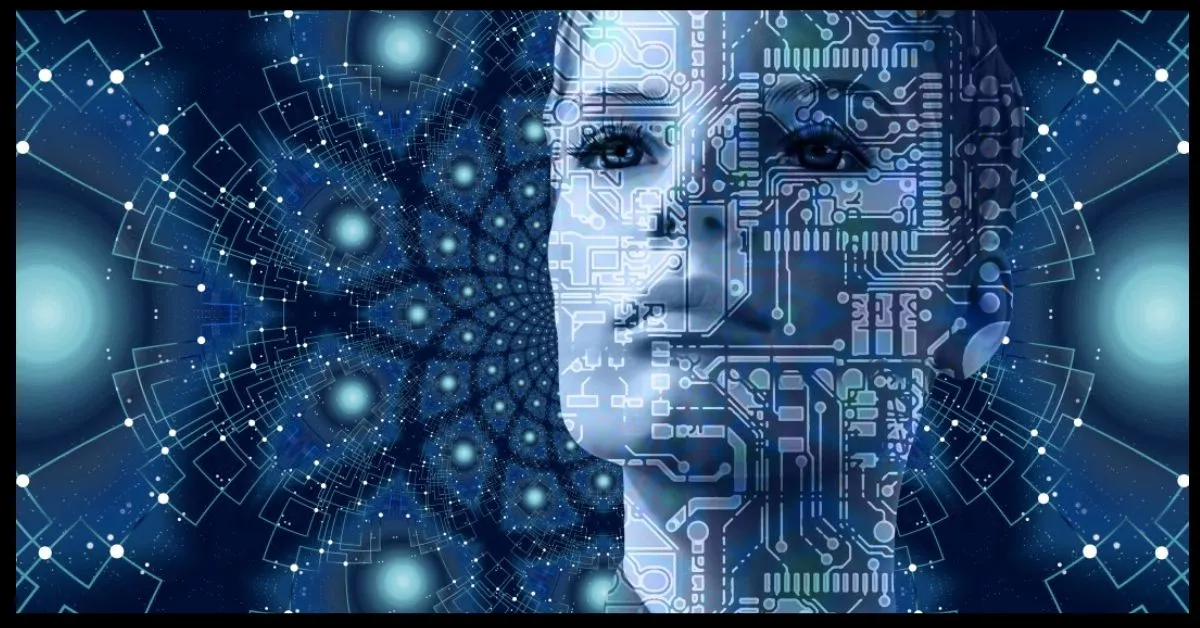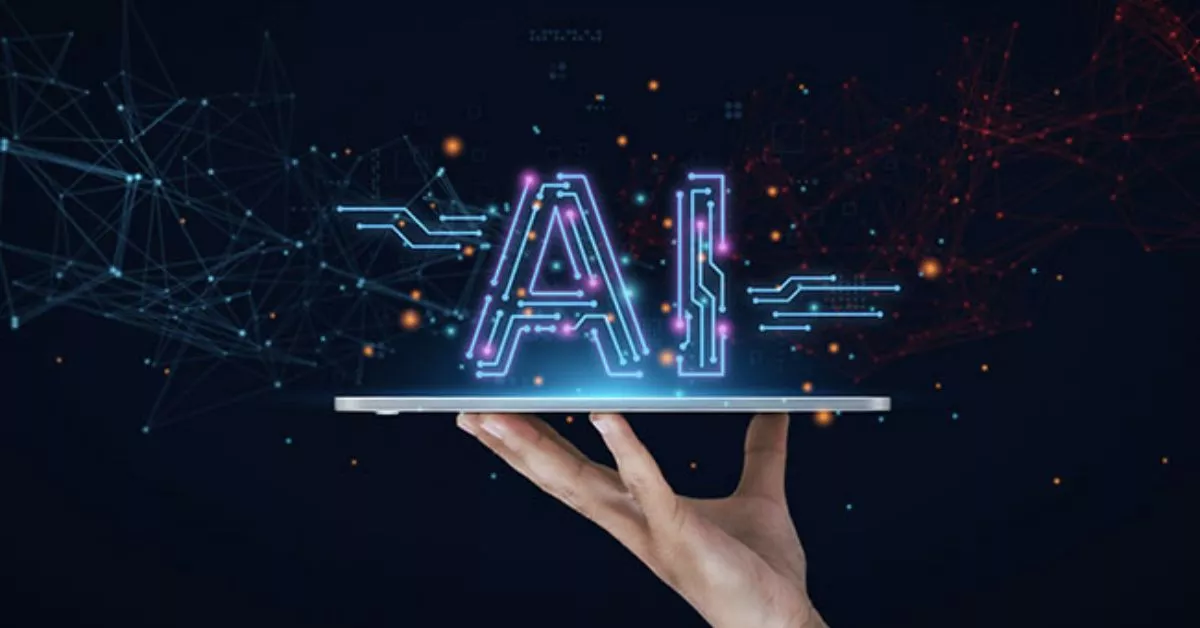Forget dusty textbooks and rote memorization. Education is undergoing a seismic shift, powered by the most ingenious tool of our age: Artificial Intelligence (AI).
Imagine classrooms pulsing with the dynamism of personalized learning, where algorithms dance in harmony with each student’s unique mind, nurturing potential like a digital botanist tending a garden of diverse brilliance. This is not a futuristic utopia, but the tangible reality unfolding within the walls of progressive schools embracing AI.
But this revolution, like any, comes with challenges. Ethical considerations, teacher training, and ensuring equitable access are not to be ignored. We’ll navigate these complexities with unwavering resolve, paving the way for a future where AI empowers, not replaces, educators.
This is not a spectator sport. Educators, students, parents, and innovators, join us in shaping the future of learning. Let’s unlock the transformative power of AI together, one byte at a time, and redefine education for the brilliant minds of tomorrow.
Stay tuned for deeper dives into specific AI applications, insightful interviews with experts, and practical tips to navigate this thrilling revolution. Together, let’s turn blackboards into brainwaves and classrooms into launchpads for tomorrow’s world-shapers!

Personalized Learning Experience
- Adaptive Learning Platforms: AI-powered adaptive learning systems analyze individual student data, including learning styles, preferences, and performance, to create personalized learning paths. This customization allows students to progress at their own pace, filling gaps in understanding and reinforcing concepts tailored to their needs.
- Intelligent Tutoring Systems: AI-driven tutoring tools provide personalized guidance and support, offering instant feedback, explanations, and additional resources. These systems adapt to individual learning curves, assisting students in grasping complex concepts effectively.
Redefining Teaching Methodologies
- Automated Assessment and Grading: AI streamlines the evaluation process by automating assessments, grading multiple-choice questions, essays, and assignments. This frees educators from time-consuming tasks, enabling them to focus on providing qualitative feedback and personalized guidance.
- Predictive Analytics for Student Success: Utilizing AI predictive models, educational institutions can identify students at risk of academic challenges or dropouts. These analytics enable proactive interventions, offering tailored support to struggling students.
Creating Interactive and Engaging Content
- AI-Generated Educational Materials: AI tools assist in generating and curating educational content, adapting materials to suit different learning styles. This includes interactive simulations, video lectures, and adaptive textbooks catering to individual student preferences.
- Immersive Technologies: Integration of AI-driven Virtual Reality (VR) and Augmented Reality (AR) enhances engagement and comprehension. These technologies provide immersive, interactive experiences, enabling deeper understanding of complex subjects.
Addressing Accessibility and Inclusivity
- Adaptive Accessibility Features: AI facilitates adaptive technologies that assist students with disabilities. Text-to-speech, speech-to-text, and other assistive technologies ensure equitable access to educational resources.
- Language Learning Support: AI-powered language learning platforms offer personalized instruction and pronunciation assistance, facilitating language acquisition at an individualized pace.
Challenges and Ethical Considerations
- Data Privacy and Security: Protecting student data and ensuring privacy remain paramount concerns. Implementing robust security measures and adhering to ethical guidelines are crucial to safeguard sensitive information.
- Bias in AI Algorithms: Addressing biases in AI algorithms used in educational settings is critical to ensure fair and unbiased learning experiences for all students, irrespective of background or demographics.
Fostering Future Collaborations and Developments
- Educator-Technology Collaboration: Encouraging collaboration between educators and AI technology fosters the development of tools aligned with pedagogical goals. This empowers educators to effectively leverage AI for enhanced teaching methodologies.
- Ethical AI Frameworks: Establishing ethical guidelines and frameworks involves collaboration between policymakers, educators, technologists, and stakeholders. This ensures the responsible and equitable use of AI in education.

Conclusion:
AI’s integration in education holds the promise of a more personalized, inclusive, and adaptive learning environment. As AI continues to evolve, its potential to support educators, enhance accessibility, and individualize education is poised to revolutionize the educational landscape, equipping students with the skills and knowledge needed for success in a rapidly changing world.
This comprehensive exploration delves into the multifaceted impact of AI in education, underscoring its potential to reshape learning experiences, enhance teaching methodologies, and pave the way for a more equitable and adaptive educational ecosystem.
